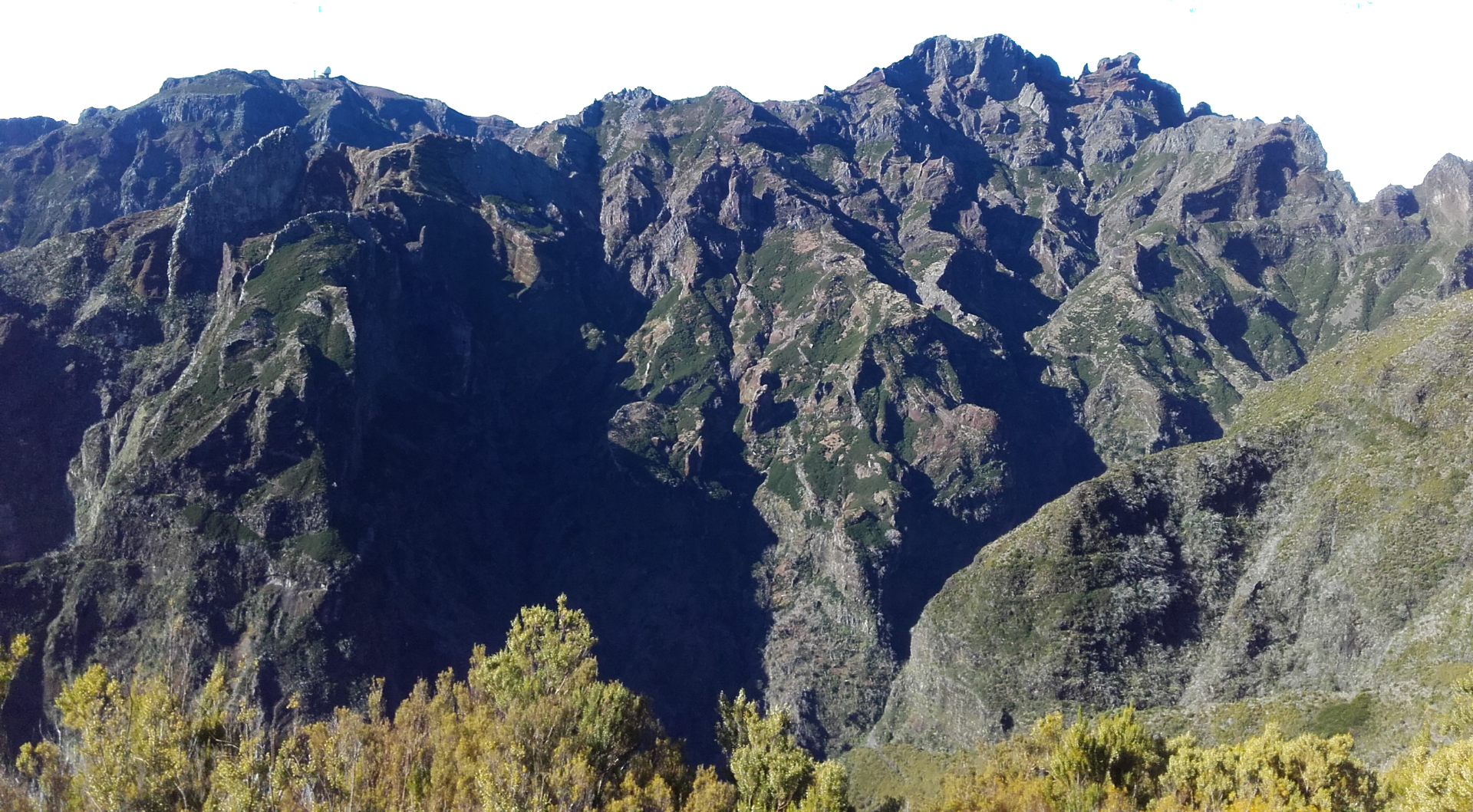Discover the beautifully wild and untamed Camargue on your self-guided cycling holiday.
Located at the delta of the Rhone river, the Camargue is one of Europe’s most important wetlands and is a region of exquisite natural beauty. The area is so flat, that land, lagoon and sea often share the same horizontal plain. The Camargue is a major producer of rice in France. After the Second World War, the local farmers drained the northern parts of the land, put in place an irrigation system and created rice fields. Salt is also produced here and was once a thriving aspect of the local economy. Nowadays, the local production is struggling to keep up with the competition from cheaper imports.
The Camargue Regional Nature Park
The Camargue Regional Nature Park is a protected wild area with endemic fauna and flora. The Nature Park spreads out over 75 000 hectares (185 000 acres) and is home to tens of thousands of pink flamingoes and hundreds of species of bird that come to mate and nest in the Camargue. Climate change today is threatening many wetlands throughout the world and it is important that places such as the Camargue Regional Natural Park remain protected and preserved and that we understand their importance.
Wonderful wildlife and courageous cowboys on your Provence cycling holiday.
The Camargue is above all else, a birder’s paradise. Hundreds of species such as herons, egrets & pink flamingoes come to nest and fish in the shallow water of the lagoons. It is the salt marshes that attract the thousands of flamingos. If you have never seen flamingos in flight formation, then you are in for a treat, it is a truly stunning sight and one you are bound to remember for long time to come. Wild boars, badgers, beavers, frogs, snakes and turtles are all part of the local fauna.
When enjoying your cycling holiday in Provence through the Camargue, you will spot black bulls and white horse roaming in semi-liberty through the marshlands and along the lagoons. The bulls are raised for fighting by the herdsmen, or local cowboys. These men give the Camargue a Wild West feel and whilst they do put on a bit of a show during the summer months, they actually play an important role in protecting the local traditions. The endemic horse is one of the oldest breeds of horse in the world. Origin unknown, the foals are born black or brown and turn grey or white at around 4 years old. They are never stabled and can survive the extreme heat in the summer and the harsh blustery winds in the winter.
A self-guided cycling tour through the Camargue, north to south.
On the northern boundary of the Camargue lies the cultural and artistic town of Arles, with its rich and well-preserved Roman history. On the coast is the town of Saintes Maries de la Mer, with its white houses, beautiful beaches, seaside promenade and Romanesque church which was fortified during the 14th century due to repeated attacks from pirates. Saintes Maries is a mecca for the gypsy community and every year in May, gypsies from all of Europe congregate in the town to celebrate the statue of Sarah, their Patron Saint.
Come and discover another side of Provence with our cycling tour in the Camargue!




